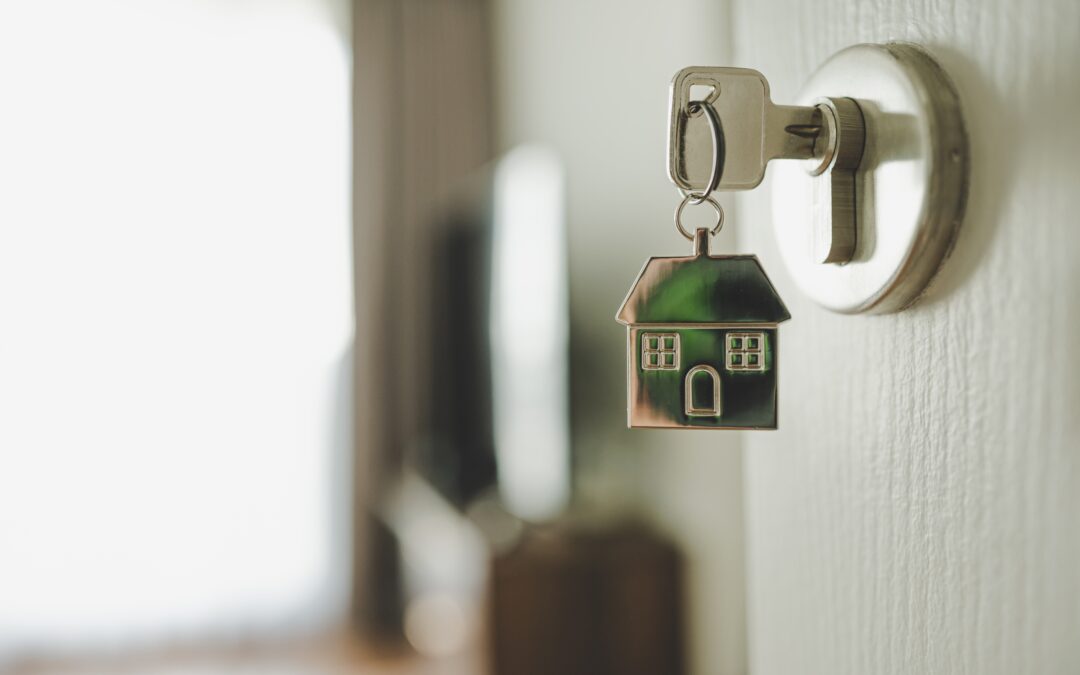When it comes to renting out your property and getting your home ready for tenants, the task isn’t as simple as doing some cleaning and taking the right pictures.
It takes a significant amount of thought and care to prepare and perfect your property if you want to reap all the benefits of having a high-quality listing and a well-maintained home.
If you’re currently planning to rent out your flat or that spare room you have in your apartment, our Canberra property management team have revealed some tips to go about making your house more attractive?
After all, you want to ensure you get the highest price possible and the best tenants you can find (and keep them there.)
It’s not enough to just catch the attention of people as they’re scrolling through listings. You want them to like what they see so much that they just have to see it in person.
This, however, is a complex equation. But today, our Canberra property managers are here to help you solve it.
Explore our FIVE tips on how to get your home ready for rental, and you will be guaranteed to dazzle new home-hunters, get a greater price, and land better tenants.
Let’s get started!
#1 FIRST, TAKE CARE OF THE MAJOR REPAIRS
Let’s start by addressing the elephant in the room – major repairs.
Right before you move out is perhaps the perfect time for you to go through your home and make sure everything is in perfect condition.
This includes all appliances, all maintenance systems, and every outlet, light, faucet, or window in your home.
Our Canberra property management team believe it’s best to let a professional handle any major works. And since you’re focused on moving, you might not have time to keep all these items and systems in check.
Repairing any major problems on appliances or installations is not a plus, it’s an absolute must. This includes clogged gutters, broken outlets, a leaky roof, switches that don’t work, doors that creek, and more. Replace any broken furniture so you make sure every fitting is in great condition. Make sure all your smoke detectors are working. Equip your kitchen with a fire extinguisher. And have your heating system service checked just in case.
It’s vital that you make sure all of these appliances and installations function properly before your first tenant moves in.
If your tenant moves into your home and they don’t feel like it was very well taken care of before they moved in, they’re less likely to pay a higher price, and they’re much less likely to take good care of your property while they’re there.
#2 THEN MOVE ON TO THE MINOR REPAIRS and MAINTENANCE
Once all of the major repairs in your home are taken care of, what you will want to do is handle all the regular maintenance tasks just so you make sure that your home is in perfect condition before anyone moves in.
Some of these will include:
- Changing the air filters in your HVAC
- Changing the batteries in your smoke detectors
- Cleaning all the gutters
- Planting extra grass seeds on blank spots on your lawn
- Filling in salt in your water softener
- Replacing any missing hardware in your kitchen (handles, doorstops, doorknobs, etc.)
- & more!
Furthermore, you will want to leave all your utility deposits with your utility company.
This means that if a tenant moves out during the cold months of Winter, you can call your utility companies so they can turn on your electricity/water so your pipes don’t freeze.
And by doing all of this now, it will be easier for you to hold your tenants accountable for doing these small maintenance tasks.
That’s why you want to ensure that you’ve done everything to the best of your ability – so you know you’re letting tenants in a clean, ready, well-maintained home.
#3. THIRD, GET A PROFESSIONAL TO DEEP CLEAN YOUR HOME
Speaking of cleaning, this is perhaps one of the most vital parts of your journey as a renter. Nobody is going to think twice about moving into a property that isn’t clean, has mould in the bathroom, a kitchen coated in grease, carpets that look dusty, or anything along those lines.
Doing a deep clean is perhaps the easiest, and some will argue, the most important thing you can do when you’re preparing your house for renters.
Consider hiring a professional to perform a deep clean. Hiring a professional will allow you to reach a higher degree of sanitation that you’d have to work hard to achieve on your own. They’ll be able to reach spots you usually can’t reach, and they’ll cover difficult spots such as behind your oven and your window tracks and sills.
This extra cleanliness makes an immediate impression, and the cleaner the house, the better it will show.
A cleaning professional is your best choice here as they will take care of everything for you – from the floors, windows, carpets, and blinds all the way to the bathrooms. And don’t forget the outsides of your home – lawns still need to be mowed, and you still have to add flowers to your patio for a nice touch.
#4 NOTIFY YOUR LENDER (and your INSURANCE COMPANY)
When you first become a landlord, you will want to contact your home insurance service provider (or your mortgage lender) and let them know that you’ll no longer be living there.
Your insurance company may then change up your policy to protect you from damages caused by tenants because your regular homeowner’s insurance may not be enough to cover that.
This may also be a great time for you to shop around for better insurance rates. If one company can get you a better landlord’s insurance than the one you’re currently using, we suggest making this move if you want to save some money and ensure yourself (and your property) better security.
#5 FINALLY, HIRE A QUALITY PROPERTY MANAGER
One of the best things you can do to guarantee yourself (and your tenants) a great renting experience is to just hire a quality property manager. If you ever move out of your city or area, and you need a manager to take care of your properties while you’re gone and make sure everything is running smoothly, this is your best choice.
Managers will inspect your property thoroughly and hold tenants accountable. You’ll have easy access to all the latest information about what’s going on in and outside your property. If you’re thinking about renting, you can trust that a property manager will ensure your property is safe and protected at all times.



